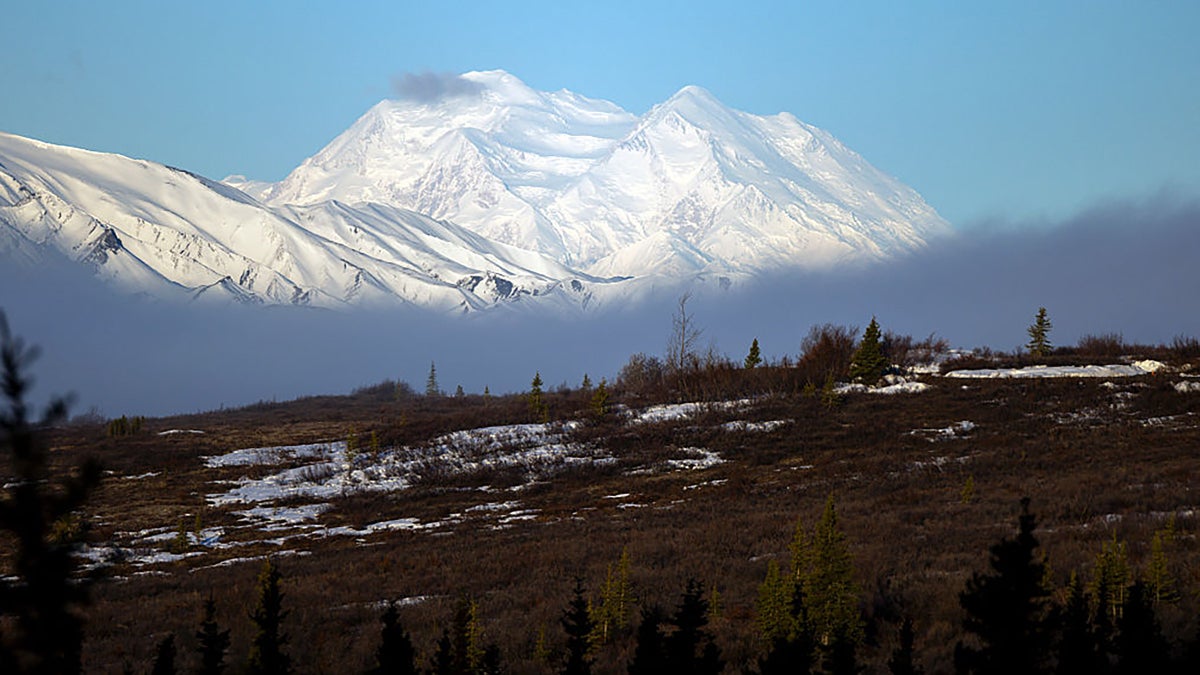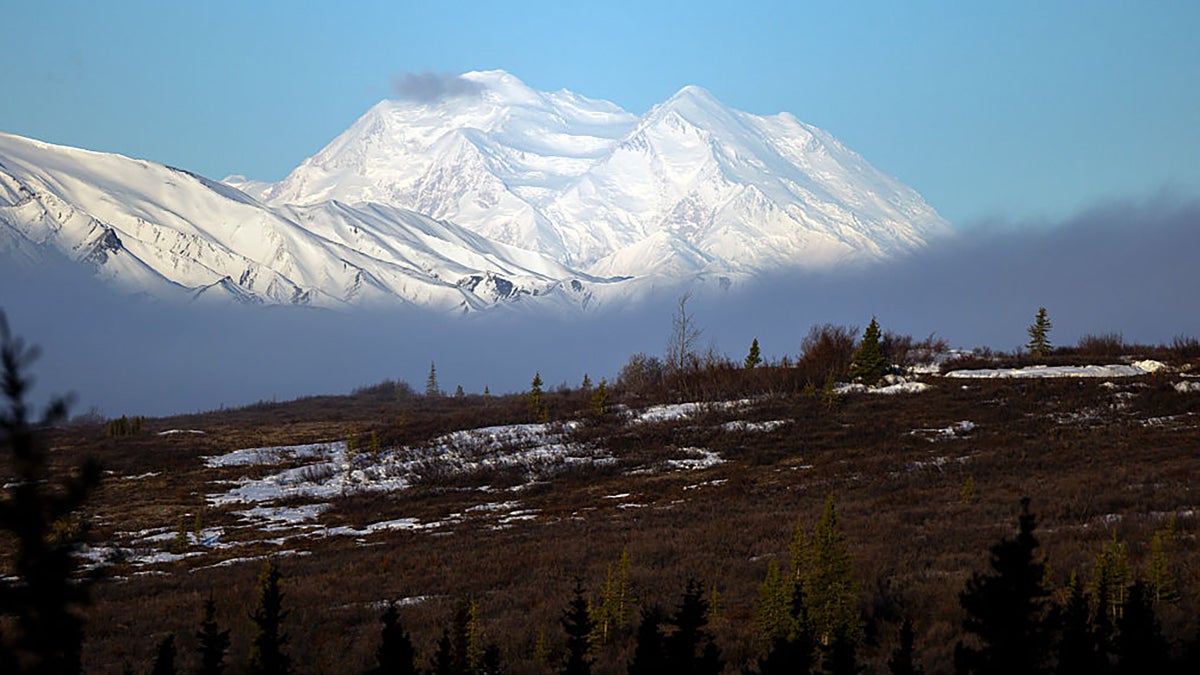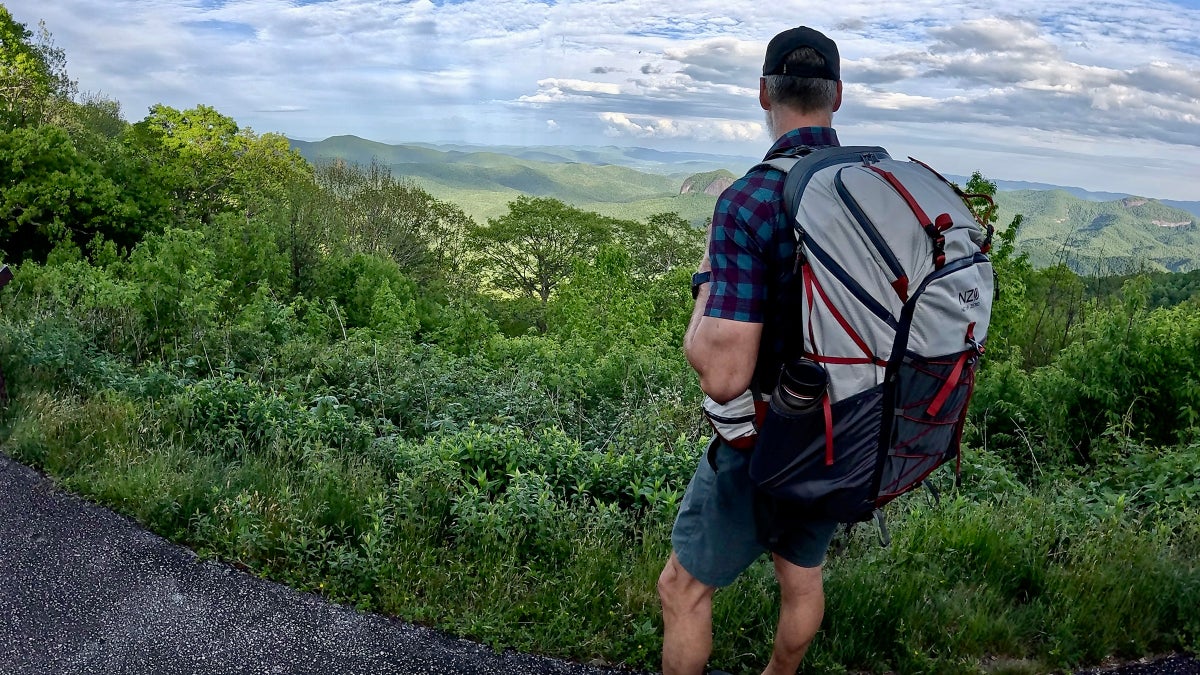
A ski mountaineer is missing on Alaska’s 20,310-foot Denali.
According to a press release from the National Park Service, the 41-year-old skier, who hails from Washington State but has yet to be identified publicly, took a long, unroped fall on Monday, June 2, while on the West Buttress, the mountain’s standard route.
It was unclear if the missing climber—who was on Denali with two companions—was climbing or descending the mountain when he fell, but the accident occurred at a location known as Squirrel Hill. The series of steep, windswept slopes which are frequently icy, are located at approximately 12,500 feet on the peak’s West Buttress.
According to the release, the skier fell off of this steep section and slid down and out of sight towards Peters Glacier, “an exposed rocky and serac covered 3000-foot face.” It’s unknown how far the climber ultimately fell, but when his partners rappelled down the face, they could neither see nor hear their fallen companion.
With no sign of their missing partner, the two survivors alerted search and rescue, and then descended the West Buttress route to Camp I at 7,800ft. As of Tuesday, June 3, the NPS reported that both ground and air search and rescue efforts for the missing climber were delayed “due to high winds and snow.”
Denali (recently federally designated as Mount McKinley by the Trump Administration), is North America’s highest mountain, and one of the Seven Summits. The peak’s climbing season traditionally lasts from late April to early July, and this year roughly 1,000 climbers have secured permits to attempt the peak (a number that has been consistent year-on-year since the coronavirus pandemic). Nearly half of these permitted climbers are on the mountain currently.
Although the West Buttress is considered the easiest and most accessible route on Denali—and is the route chosen by over 90 percent of Denali hopefuls—it still entails a variety of hazards, including navigating crevasse-filled glaciers, climbing steep snow and ice slopes up 40 degrees, and surmounting a technical headwall rising from 14,200 to 16,200 feet, which is typically protected by fixed ropes. The average expedition up and down the mountain takes nearly three weeks.
The summary statistics from 2024, published by the NPS, reported that of the 1,001 climbers who set foot on the mountain, 34 patients were assessed by mountaineering rangers and patrol volunteers, and 25 of these were eventually evacuated. Three of these climbers died on the mountain, two from long falls, and a third from exposure after becoming stuck in a snow cave near the summit.
The post A Ski Mountaineer Is Missing After Falling on Denali appeared first on Outside Online.















